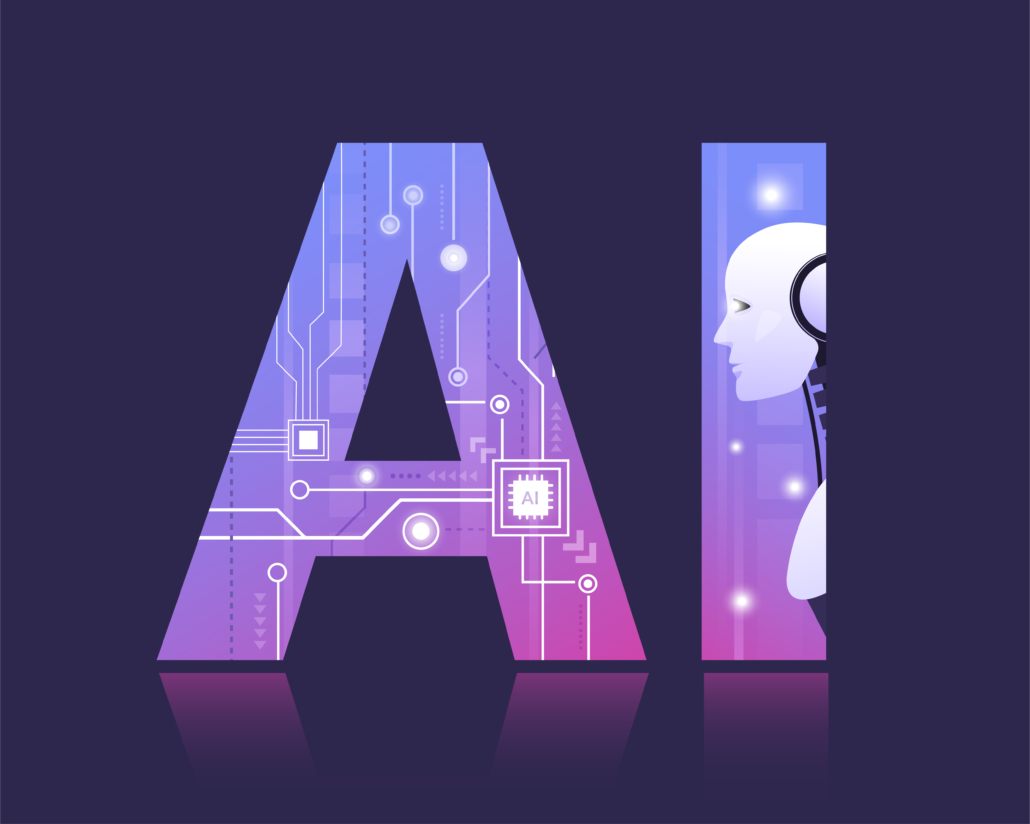How AI Is Changing Education
As the world fast-tracks artificial intelligence (AI) in education, the UK finds itself at a crossroads. While China, India, and Southeast Asia implement nationwide AI programmes, UK institutions are still laying the groundwork. The recent Russell Group report that formed the basis of an interesting session at the recent Education Festival we attended highlighted some home truths and the many opportunities available through fully embracing AI.
The Russell Group—an association of 24 leading UK universities—recently released a comprehensive report on the impact of AI in higher education. The report stresses that AI, when used responsibly and ethically, can enhance learning outcomes, streamline administrative tasks, and support teaching innovation. It also underscores the importance of a balanced approach: while AI offers new efficiencies and personalisation opportunities, it must be implemented with clear ethical standards, student safety, and data privacy in mind.

AI in UK Education: Insights from the Russell Group
Key takeaways from the report:
- AI as a co-pilot in learning: From virtual tutors to intelligent feedback systems, AI can support individualised learning paths.
- Administrative efficiency: Automation of grading and scheduling frees educators to focus more on teaching.
- Ethical deployment: Clear guidelines are essential to protect students and ensure fair access.
Global Milestones in AI and Education
The pace of change globally is accelerating. Key milestones show just how rapidly AI is reshaping education and the diversity in IAB Group markets.
| Region | Milestone | Impact |
|---|---|---|
| China | National AI education strategy launched in 2018 | AI curriculum integrated across all school levels |
| India | CBSE launched AI curriculum in 2020 | Over 1 million students trained in AI basics |
| Southeast Asia | Singapore’s AI for Education programme | Personalised learning at scale with national support |
| Europe | EU-funded Horizon projects exploring AI in education | Promotes ethical AI usage and cross-border collaboration |
| UK | Russell Group AI report (2024) | Lays groundwork for ethical and inclusive adoption |
The Importance of Prompting: A Core Skill for the Future
There was specific focus to one of the most underestimated but crucial aspects of using AI in education is the skill of prompting.
Prompting refers to how we interact with AI systems through natural language inputs. Whether it’s generating an essay outline or receiving tailored feedback, the quality of a user’s prompt dramatically affects the output. For students, learning how to prompt effectively is becoming as critical as essay writing or research skills.
Prompting isn’t just a technical function—it’s a new form of digital fluency. It teaches users to think critically, frame questions clearly, and collaborate with machines in a meaningful way. As generative AI becomes embedded across platforms, being a “good prompter” will directly affect learning, productivity, and even career readiness. For educators, integrating prompting into everyday classroom practices is an effective way to future-proof students’ skills.
Examples of key prompting techniques to integrate in education:
| Technique | Description | Example Use Case |
|---|---|---|
| Role-based prompting | Ask AI to respond as a particular expert or persona | “Act as a university professor, explain photosynthesis.” |
| Iterative refinement | Build on AI responses with follow-up prompts | “Expand this paragraph with more statistics.” |
| Goal-oriented prompting | Specify the desired outcome or product | “Write a revision summary of this text for GCSE Biology.” |
Improving prompting skills is an essential part of digital literacy. Institutions can offer AI literacy sessions, and educators can model effective prompting during lessons. Tools like prompt libraries, structured practice tasks, and reflection exercises can help learners experiment, adapt, and sharpen their prompting strategies over time.
Embracing AI in UK Classrooms: Key Actions for Educators and Institutions
 Despite the UK’s strong research capabilities and infrastructure, there’s a noticeable lag in practical AI integration compared to other countries. In India, for example, the AI curriculum is embedded into the national school syllabus. Singapore’s national AI strategy is actively personalising education at scale. In contrast, UK educators are often left to self-navigate AI experimentation without structured support.
Despite the UK’s strong research capabilities and infrastructure, there’s a noticeable lag in practical AI integration compared to other countries. In India, for example, the AI curriculum is embedded into the national school syllabus. Singapore’s national AI strategy is actively personalising education at scale. In contrast, UK educators are often left to self-navigate AI experimentation without structured support.
That said, change is underway. Some UK schools and colleges are piloting AI-enhanced tutoring platforms, launching digital literacy modules that include prompting, and building partnerships with edtech innovators. Organisations like Jisc and BCS are also contributing to frameworks that promote safe, strategic adoption.
To close the global gap, UK education leaders must scale what’s working:
1. Teacher training and CPD
- Incorporate AI tools into Continuing Professional Development (CPD).
- Offer micro-credentials for educators in AI literacy and prompting.
2. Curriculum redesign
- Embed AI awareness and skills across disciplines, not just in computing.
- Use AI to co-create lesson plans and adapt content to diverse learners.
3. Responsible governance
- Establish ethical frameworks for AI use, aligned with the Russell Group recommendations.
- Create advisory panels involving students, educators, and tech experts.
4. Student empowerment
- Provide access to AI tools and tutorials.
- Encourage peer-led workshops and student-led innovation projects using AI.
Looking Ahead
AI is not a distant threat or abstract tool—it’s a reality that the UK’s education sector must embrace. The Russell Group’s call to action is clear: we need thoughtful, ethical, and inclusive strategies to use AI effectively. As other countries forge ahead, the UK must harness its academic strengths and policy frameworks to lead in responsible AI adoption.
Next steps will require strategic investment, collaborative policymaking, and a mindset shift across institutions. From equipping teachers with AI literacy to making prompting part of every student’s skill set, the road ahead is both a challenge and an opportunity.
The future of education isn’t just digital. It’s intelligent.




